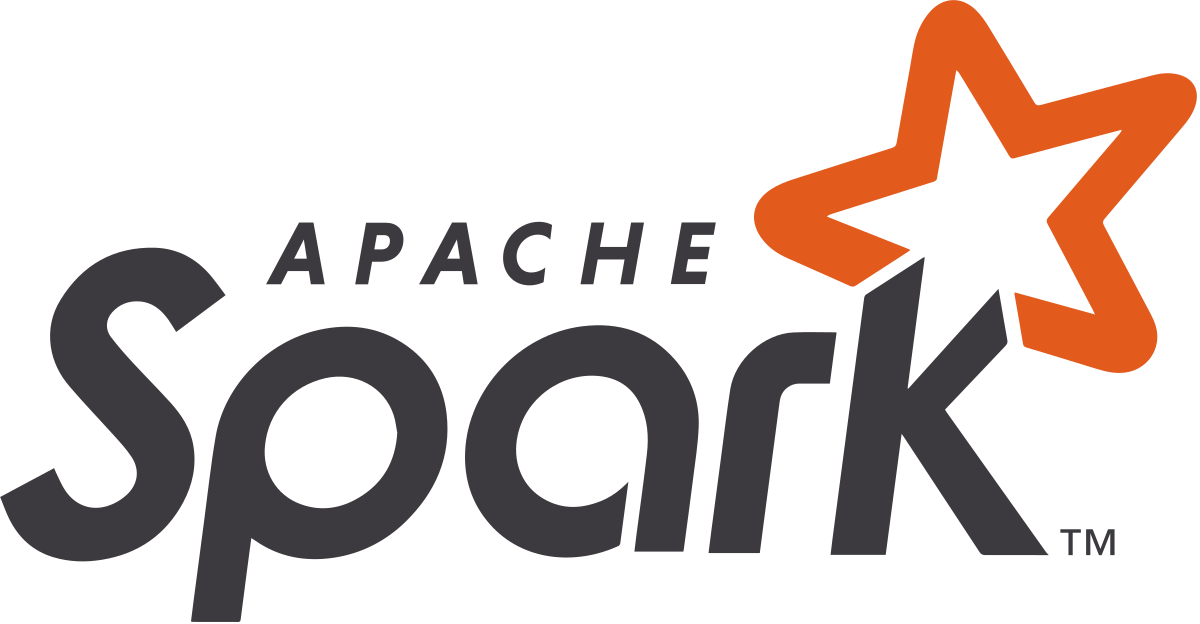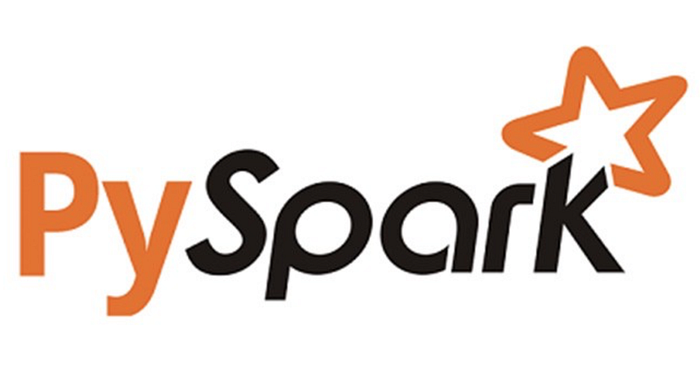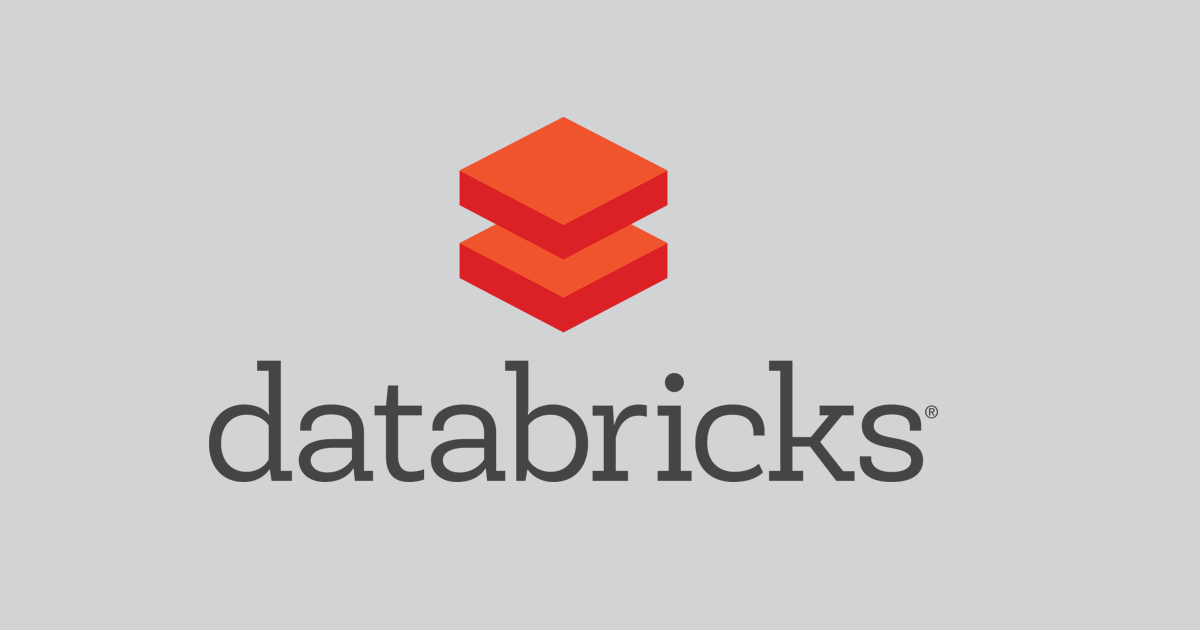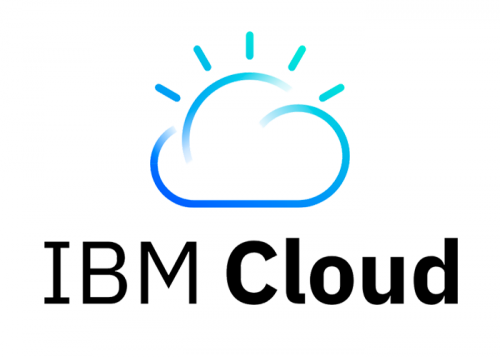Generic ETL Pipeline Framework for Apache Spark
Project description
Index
See https://stonezhong.github.io/spark_etl/ for more informaion
Overview
Goal
spark_etl provide a platform independent way of building spark application.
Benefit
Your application deployed and running using spark-etl is spark provider agnostic. Which means, for example, you can move your application from Azure HDInsight to AWS EMR without changing your application's code.
Supported platforms

|
You setup your own Apache Spark Cluster. |

|
Use PySpark package, fully compatible to other spark platform, allows you to test your pipeline in a single computer. |

|
You host your spark cluster in databricks |

|
You host your spark cluster in Amazon AWS EMR |

|
You host your spark cluster in Google Cloud |

|
You host your spark cluster in Microsoft Azure HDInsight |

|
You host your spark cluster in Oracle Cloud Infrastructure, Data Flow Service |

|
You host your spark cluster in IBM Cloud |
APIs
Application
An application is a pyspark application, so far we only support pyspark, Java and Scala support will be added latter. An application contains:
- A
main.pyfile which contain the application entry - A
manifest.jsonfile, which specify the metadata of the application. - A
requirements.txtfile, which specify the application dependency.
Application class:
- You can create an application via
Application(app_location) - You can build an application via
app.build(destination_location)
Application entry signature
In your application's main.py, you shuold have a main function with the following signature:
sparkis the spark session objectinput_argsa dict, is the argument user specified when running this job.sysopsis the system options passed, it is platform specific. Job submitter may inject platform specific object insysopsobject.- Your
mainfunction's return value will be returned from the job submitter to the caller.
def main(spark, input_args, sysops={}):
# your code here
Here is an example.
Job Deployer
- A job deployer has method
deploy(build_dir, destination_location), it deploy the application to the destination location - spark_etl support the following deployer
spark_etl.vendors.local.LocalDeployerspark_etl.deployers.HDFSDeployerspark_etl.vendors.oracle.DataflowDeployer
Job Submitter
-
A job submitter has method
run(deployment_location, options={}, args={}, handlers=[], on_job_submitted=None), it submit a deployed job -
spark_etl support the following job submitter
spark_etl.vendors.local.PySparkJobSubmitterspark_etl.job_submitters.livy_job_submitter.LivyJobSubmitterspark_etl.vendors.oracle.DataflowJobSubmitter
-
Job summiter's
runfunction returns the retrun value from job'smainfunction.
Tool: etl.py
Build an application
To build an application, run
./etl.py -a build --app-dir <app-dir> --build-dir <build-dir>
-
<app_dir>is the directory where your application is located. -
<build-dir>is the directory where you want your build to be deployed- Your build actually located at
<build-dir>/<version>, where<version>is specified by application's manifest file
- Your build actually located at
-
Build is mostly platform independent. You need to depend on package oci-core if you intent to use oci Dataflow
Deplay an application
./etl.py -a deploy \
-c <config-filename> \
--build-dir <build-dir> \
--deploy-dir <deploy-dir>
-c <config-filename>: this option specify the config file to use for the deployment--build-dir <build-dir>: this option specify where to look for the build bits to deploy--deolpy-dir <deploy-dir>: this option specify what is the destination for the deployment
Run a job
./etl.py -a run \
-c <config-filename> \
--deploy-dir <deploy-dir> \
--version <version> \
--args <input-json-file>
-c <config-filename>: this option specify the config file--build-dir <build-dir>: this option specify where to look for the build bits to run--version <version>: this option specify which version of the app to run--args <input-json-file>: optional parameter for input variable for the job. The<input-json-file>points to a json file, the value of the file will be passed to job's main function ininput_argsparameter. If this option is missing, theinput_argswill be set to{}when calling themainfunction of the job.- It prints the return value of the
mainfunction of the job
Examples
Project details
Release history Release notifications | RSS feed
Download files
Download the file for your platform. If you're not sure which to choose, learn more about installing packages.
Source Distribution
Built Distribution
Hashes for spark_etl-0.0.77-py3-none-any.whl
| Algorithm | Hash digest | |
|---|---|---|
| SHA256 | 8bc0a701d7fd42ee37fc8a3ac3a044d27c0afffb64a0aa36ea1755522bed2c20 |
|
| MD5 | 6f686767ac298dac16b6c06aec5e6600 |
|
| BLAKE2b-256 | 93b05a287362867f6eee7a02dcedec9e49e6096b5f64128fa2940782498381ca |











